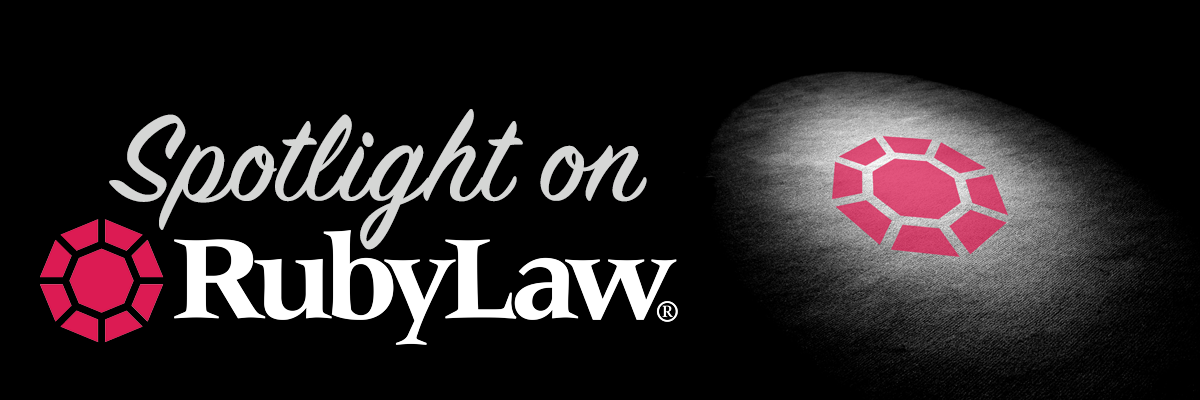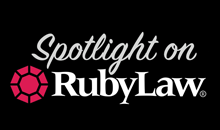Spotlight on RubyLaw: Art, Science, and the Power of Platforms
As budgeting season comes into view, and marketing and business development leaders evaluate their needs for 2022, questions like, “How can we further amplify the efforts of our marketing team,” and “What more can marketing and business development do to drive results for the firm,” arise.
How can we further amplify the efforts of our marketing team?" "What can marketing do to drive business development results for our firm?" "How can we better connect with our clients and prospects in this continued virtual environment?"
While the adage, “Use it, or lose it,” still applies, the reality is that decision-makers must “use it” prudently, or they’ll be losing more than their budgets. Fear-based motivation, though, can be paralyzing, and it’s dangerous because, in many cases, the cost of inertia and inaction can have equally-damning consequences, i.e., opting to delay may set your organization back even further.
This is where it all gets meta.
Budgeting is both art and science. The art is in negotiation and the navigation of politics and culture, while simultaneously predicting future needs and state of being. The science is in assessing available data, crafting a hypothesis, testing, and making a determination based on past evidence.
When the science is strong, i.e., when statistically significant data is available, budgeting gets easier, which is our segue to shine the spotlight back onto RubyLaw.
On September 23, we’ll be presenting Platforms, not Platitudes. More than 200 legal marketers and business developers have already signed up, and we hope to see you there. (If you haven’t already signed up, you still can!) Without giving everything away, we’ll share the following....
The legal sector is lagging, and smaller firms are falling further behind larger firms with greater resources. (Nothing earth shattering, we know!) But, even larger firms are operating inefficiently, adopting point solutions to use (what they consider) “best-in-class” or to mitigate (right and wrong) perceptions about “vendor lock-in.”
We believe that platforms drive greater efficiency, and this belief is supported by science. Platforms reduce time required for context-switching, i.e., moving from application to application; they reduce time and specialization required to operate different applications; and they have other, demonstrable benefits (that we won’t spoil by sharing now).
RubyLaw is a platform. It may be used as a point solution, i.e., to power websites, but it’s most powerful—as our most successful clients have found—when its modules are activated to deliver comprehensive Content Lifecycle Management (CLM)—the editing, organizing, and publishing of web content and experience data, along with proposal and document automation and content integrity management.

So, if you’re managing a budget, or even contributing ideas and championing business improvement processes, join us on September 23 for Platforms, not Platitudes. We’ll share the data behind our research supporting platformization, and we encourage you to connect with our representatives to learn more about how your organization can benefit from leveraging the full RubyLaw platform.
If you’re interested in learning more about the RubyLaw platform, please contact your representative, our Support team, or attend an upcoming session of RubyLaw Live.



